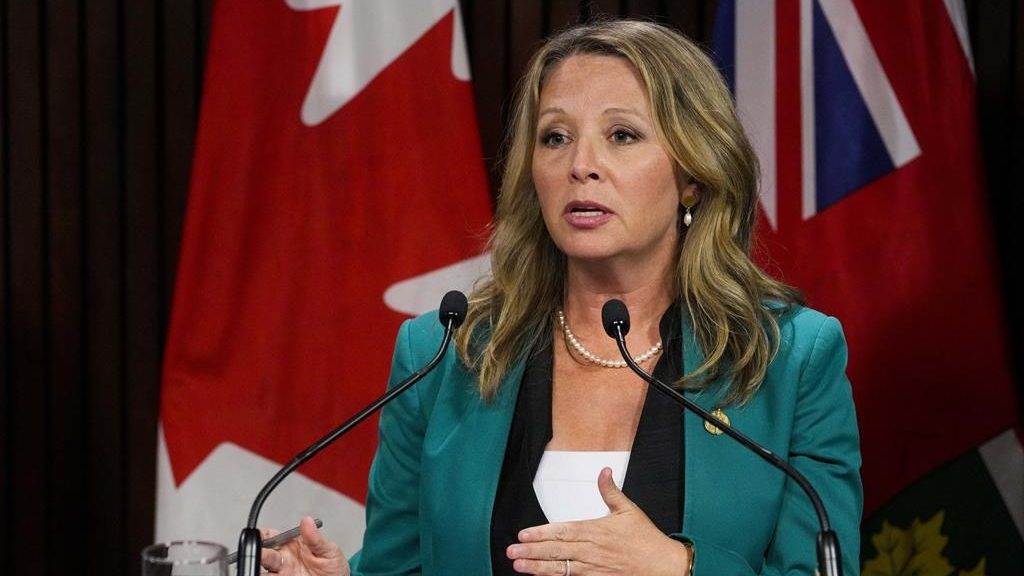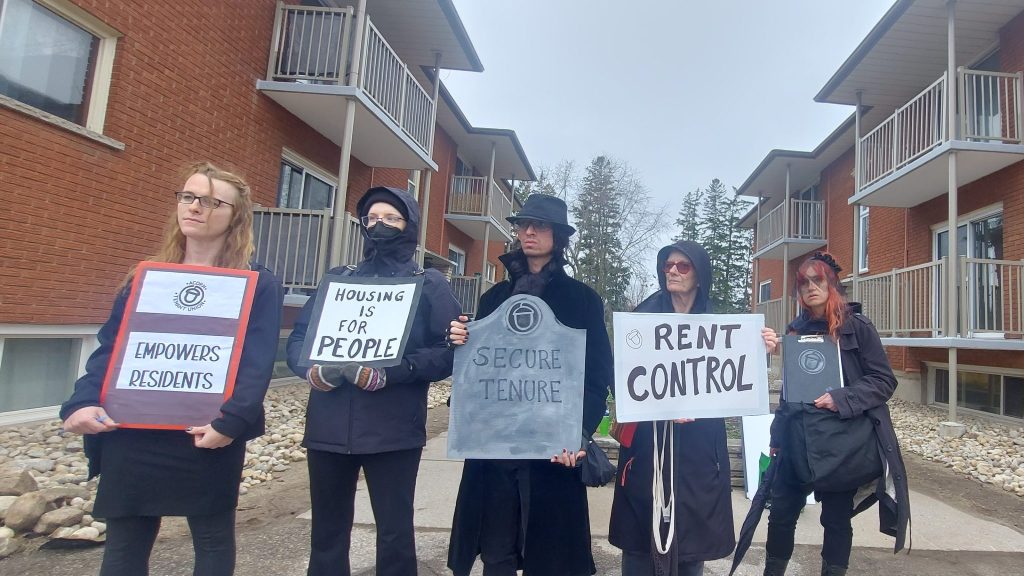DND fires three civilian executives, including one in charge of pension clawback
Posted Oct 15, 2012 05:36:42 PM.
This article is more than 5 years old.
OTTAWA – Three mid-level civilian executives at National Defence were inexplicably fired earlier this month, including a director at the centre of a class-action lawsuit that could cost the federal treasury up to $600 million.
Andre Bouchard, Gerry Mahon and Randy Helgason were let go Oct. 3 in what defence sources say was “an attempt to change the direction of each organization.”
The dismissals came out of the blue, according to defence sources. And in the case of Bouchard, president of the department’s insurance program, it came at a critical juncture as the federal government negotiates its way through a class-action lawsuit.
Mahon headed CANEX, the chain of military base retail stores. Helgason was in charge of personnel support programs.
A senior defence official in charge of support programs confirmed their departure, but wouldn’t discuss details.
“Because of privacy issues, we do not discuss information related to employees’ employment,” Commodore Mark B. Watson, the director general of Personnel and Family Support Services, said in an email.
“However, we can confirm that their departures are not related to their performance.”
Bouchard has been intimately involved in National Defence’s response to a class-action lawsuit launched by Halifax veteran Dennis Manuge, a case that resulted in a Federal Court ruling compelling the government to cease the clawback of military pensions.
Long-term disability payments to ex-soldiers have for decades been reduced by the amount of the monthly Veterans Affairs disability pension they receive. Veterans successfully argued it was unfair and unjust to treat pain and suffering awards as income.
Defence Minister Peter MacKay decided in May not to appeal the case, ordered the clawback to cease and directed a team to negotiate retroactive payments with as many as 4,500 people involved in the case.
Internal government estimates suggest a final settlement could run up to $600 million, depending on the cut-off date for payments.
Veterans groups expressed concern about Bouchard’s departure, describing him as a compassionate bureaucrat working hard to correct the injustice of the clawback.
“Usually I’m very skeptical of people at that level,” said Mike Blais, of Canadians Veterans Advocacy.
“But here we have a guy that has been proactively trying to get this thing resolved and now, as we’re in a state of limbo where veterans are still waiting on retroactive (payments), one of our champions has been dismissed.”
Watson said the “leadership changes” would have “no direct impact on the quantity and quality” of services and benefits provided to the members of the military.
The positions would be filled permanently at a later date following a “thorough and proper Non-Public Funds (NPF) hiring procedure.”
National Defence is in the middle of an extensive cost-cutting exercise that an outside analysis recently predicted would chop as much as $2.5 billion off the department’s bottom line.
The Harper government has been vague about how the savings will be achieved and the Parliamentary budget officer is in the midst of a high-profile battle to obtain data on the cuts.
As many as 1,100 civilian jobs at defence are expected to be cut over the next two years.










